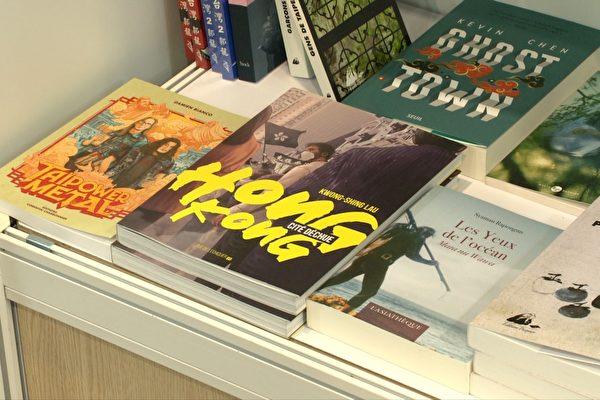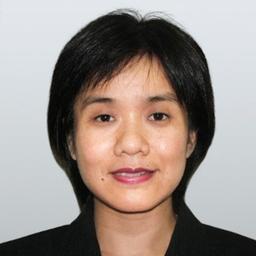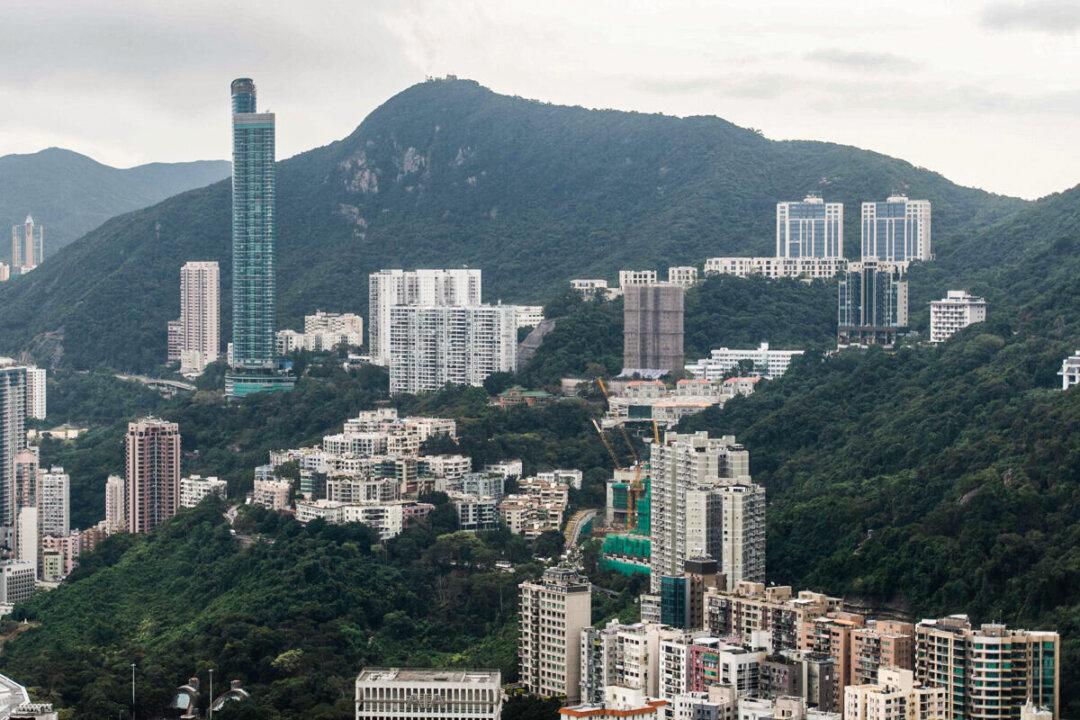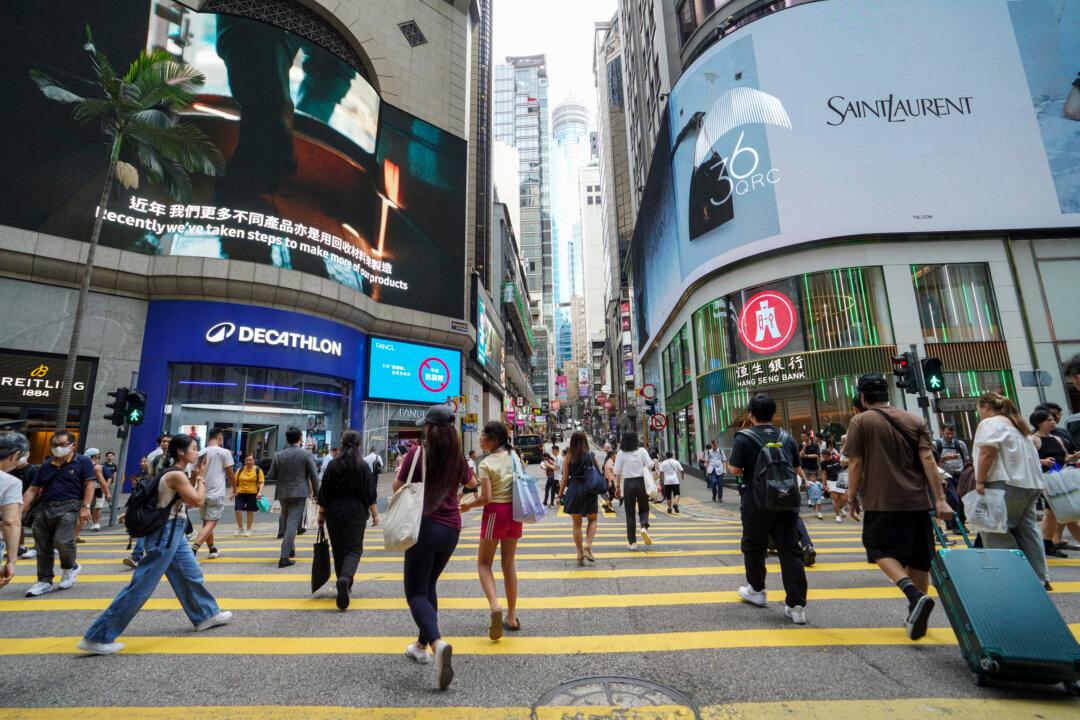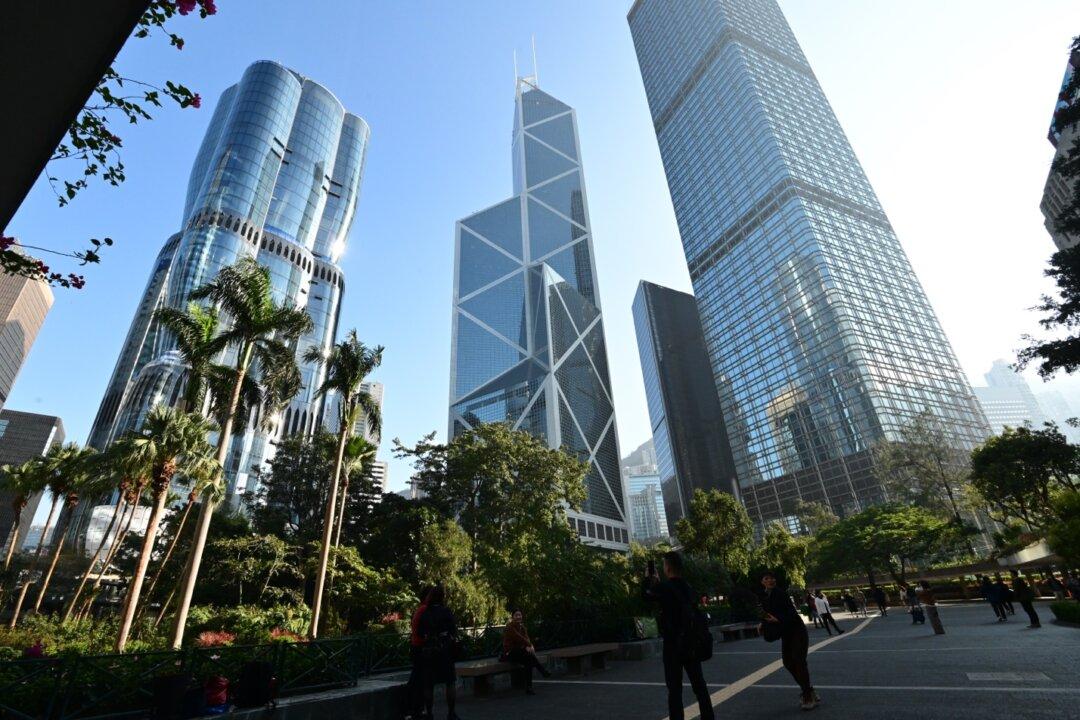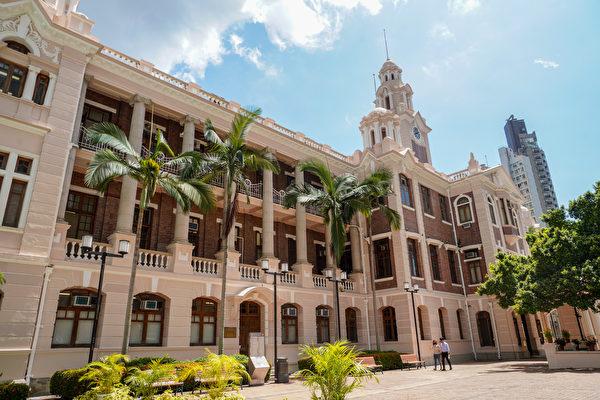Hong Kong, the former Asian publishing center and a hub for banned books, has earned the new title of “publishing center ruin” under the National Security Law. Multiple publishers are self-censoring and even shifting to book fairs in Taiwan.
The 2024 Taipei International Book Fair opened on Feb. 20, attracting over 500 publishers from Taiwan, Hong Kong, the Netherlands (the featured country this year), Germany, France, Thailand, Belgium, and other regions, with a total of 811 forums.
